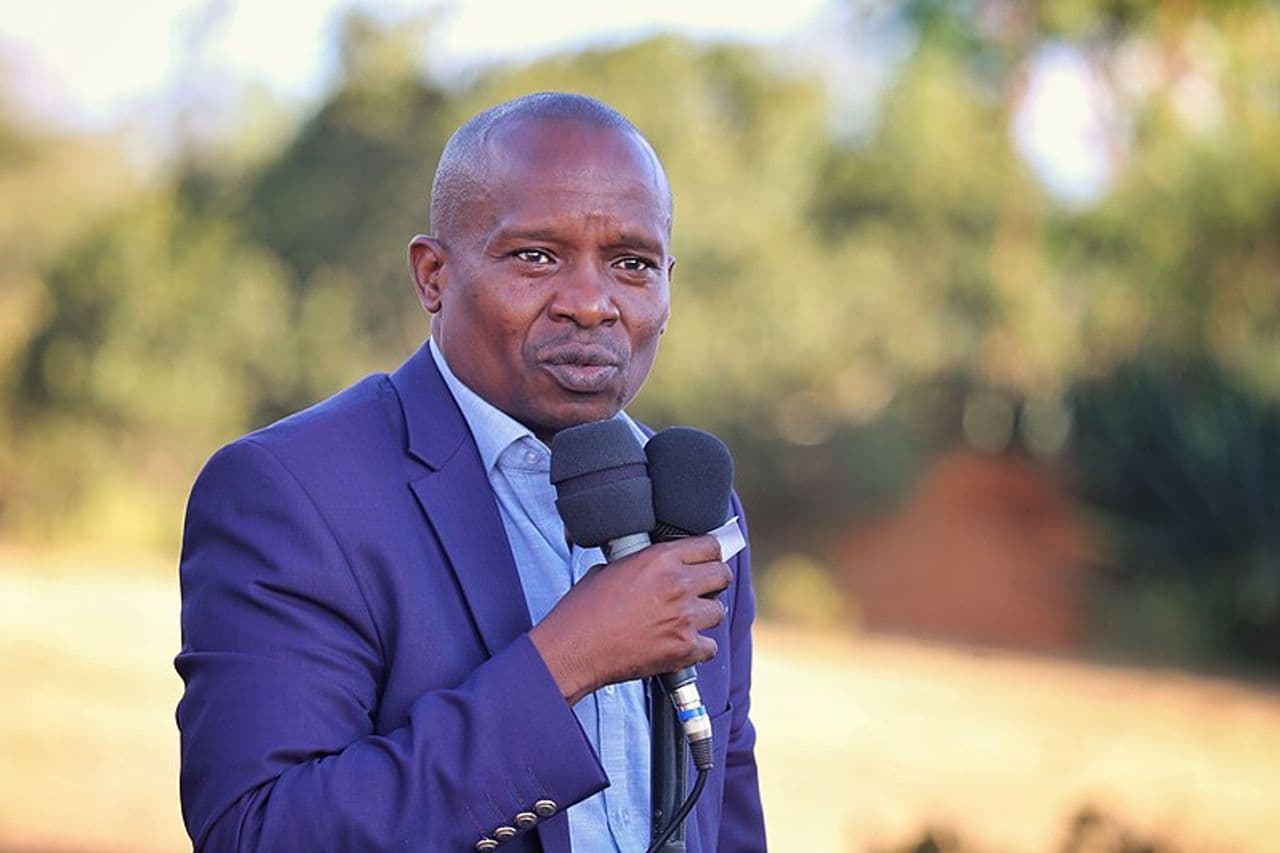We're loading the full news article for you. This includes the article content, images, author information, and related articles.
Nairobi, Kenya – Deputy President Kithure Kindiki has warned the United Democratic Alliance (UDA) candidates against overshadowing actual candidates while campaign for them ahead of the upcoming by-elections across the country.

Nairobi, Kenya — September 26, 2025 (EAT).
Deputy President Kithure Kindiki has cautioned senior United Democratic Alliance (UDA) figures against dominating campaign trails at the expense of official candidates ahead of the upcoming by-elections, warning that the move could be interpreted as imposing “projects” on the electorate.
Speaking during the handover of nomination certificates at UDA headquarters in Nairobi, Kindiki told party campaigners to let candidates take the lead in mobilising voters. He said political overexposure of national figures risks alienating communities who want to feel connected to their elected representatives.
“For our team who are going to help our candidates, do not go ahead of the candidate,” he said. “Wananchi hate projects. People like to see the person they are electing — that is the person who is going to be their MP, senator or MCA.”
The Deputy President stressed that while party unity and support matter, authentic grassroots campaigns would be crucial in winning voter trust in the November 27 mini-polls.
Upcoming by-elections: Multiple parliamentary and county assembly seats are set for by-elections following deaths, resignations, or nullifications of previous results.
UDA dominance: As the ruling party, UDA seeks to defend or capture strategic seats but faces pressure to avoid perceptions of heavy-handedness.
Political sensitivity: Past elections in Kenya have shown that voters resent candidates seen as “projects” of powerful individuals or state machinery.
IEBC framework: Under the Elections Act, political parties are free to campaign, but candidates must comply with electoral code of conduct provisions prohibiting undue influence or intimidation.
Party discipline: UDA’s constitution allows the National Elections Board to coordinate campaign strategies while ensuring candidates remain the focal point.
Kithure Kindiki, Deputy President: “People like to see the person they are electing. That is the person who is going to be their MP, senator or MCA,” he said, warning against top-down campaign optics.
Political analysts: Observers say Kindiki’s remarks reflect lessons from past by-elections where ruling party candidates lost after being branded as state “projects.”
Voters’ perspective: In constituencies like Malava, Kasipul, and Magarini, residents have repeatedly demanded transparent campaigns free from external imposition.
By-election schedule: IEBC has gazetted November 27, 2025, as the date for all mini-polls.
Past precedents: At least five by-elections since 2018 have seen ruling party candidates lose amid perceptions of state overreach.
Political legitimacy: Heavy involvement of national leaders could backfire, reducing local ownership of campaigns.
UDA unity vs. autonomy: Balancing party support with candidate independence will be critical.
Opposition strategy: Rival parties may weaponize “project” claims to galvanise anti-establishment sentiment.
Will UDA issue internal campaign guidelines following Kindiki’s warning?
How will opposition parties exploit the “projects” narrative in competitive constituencies?
Could Kindiki’s caution signal deeper strategy shifts ahead of 2027?
2025-09-26: Kindiki issues warning at UDA headquarters.
2025-10-01: Campaign period officially opens per IEBC timelines.
2025-11-27: Mini-polls scheduled across multiple counties.
Candidate selection disputes within UDA strongholds.
Campaign messaging from opposition parties like ODM and DAP-K.
Voter turnout trends in areas with recent by-election controversies.
Keep the conversation in one place—threads here stay linked to the story and in the forums.
Sign in to start a discussion
Start a conversation about this story and keep it linked here.
Other hot threads
E-sports and Gaming Community in Kenya
Active 9 months ago
The Role of Technology in Modern Agriculture (AgriTech)
Active 9 months ago
Popular Recreational Activities Across Counties
Active 9 months ago
Investing in Youth Sports Development Programs
Active 9 months ago